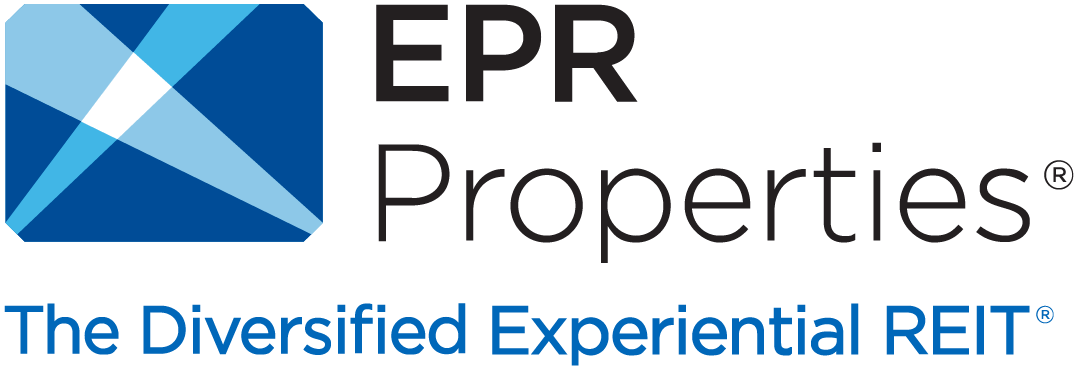- We constantly solicit the views of our shareholders, routinely conducting over 200 investor meetings each year.
- Our Code of Business Conduct and Ethics fosters a culture of honesty, transparency, integrity and accountability. It governs the business decisions and actions taken by our Trustees, officers and associates and provides instruction on recognition of ethics violations.
- Our Board of Trustees is currently comprised of nine Trustees, eight of whom are independent, non-associate Trustees.
- Trustees are elected on an annual basis with a majority vote standard.
- Our Company Governance Guidelines provide that an incumbent Trustee will not be recommended for election to the Board if he or she has turned, or prior to the next annual meeting of shareholders will turn, 75 years of age.
- Our Company Governance Guidelines state that any trustee who experiences any significant change in their personal circumstances, including a change in their principal job or professional responsibilities, must submit a letter of resignation to the Board to be effective on acceptance by a majority of the disinterested members of the Board.
- Our Trustees conduct annual self-evaluations and participate in orientation and continuing education programs.
- Our Code of Business Conduct and Ethics includes an anti-nepotism policy whereby we will not hire, whether as an associate, independent contractor or other business relation, the family member of any Trustee, officer or associate.
- Shareholders have the power to amend or repeal any provision of our Bylaws or make new Bylaws.
- Our Board’s Compensation and Human Capital Committee works with independent consultants to conduct annual compensation reviews for our key executives and independent, non-associate Trustees. Each executive’s compensation plan is primarily based on reaching specific performance metrics that are tied to our success. We annually submit “say-on-pay” advisory votes for shareholder consideration and vote. This committee is also engaged in oversight of our human capital management, including the attraction, motivation, development and retention of associates. The committee is comprised of four independent Trustees.
- Our Board’s Nominating/Company Governance Committee is responsible for the effective composition and operation of our Board, including structure, membership, and refreshment. This committee is comprised of four independent Trustees who play an active role in managing corporate governance and reputation risk.
- Our Board’s Audit Committee oversees the integrity of our financial statements and compliance with legal and regulatory requirements. This committee selects and oversees our independent registered public accounting firm. It is comprised of four independent Trustees, three of which qualify as financial experts.
Anonymous Report
To report any issues relating to EPR Properties’ accounting, internal accounting controls or auditing matters, please click here. Confidentiality is a priority, and all submissions will be investigated in a timely and discreet manner as reasonably practicable.


